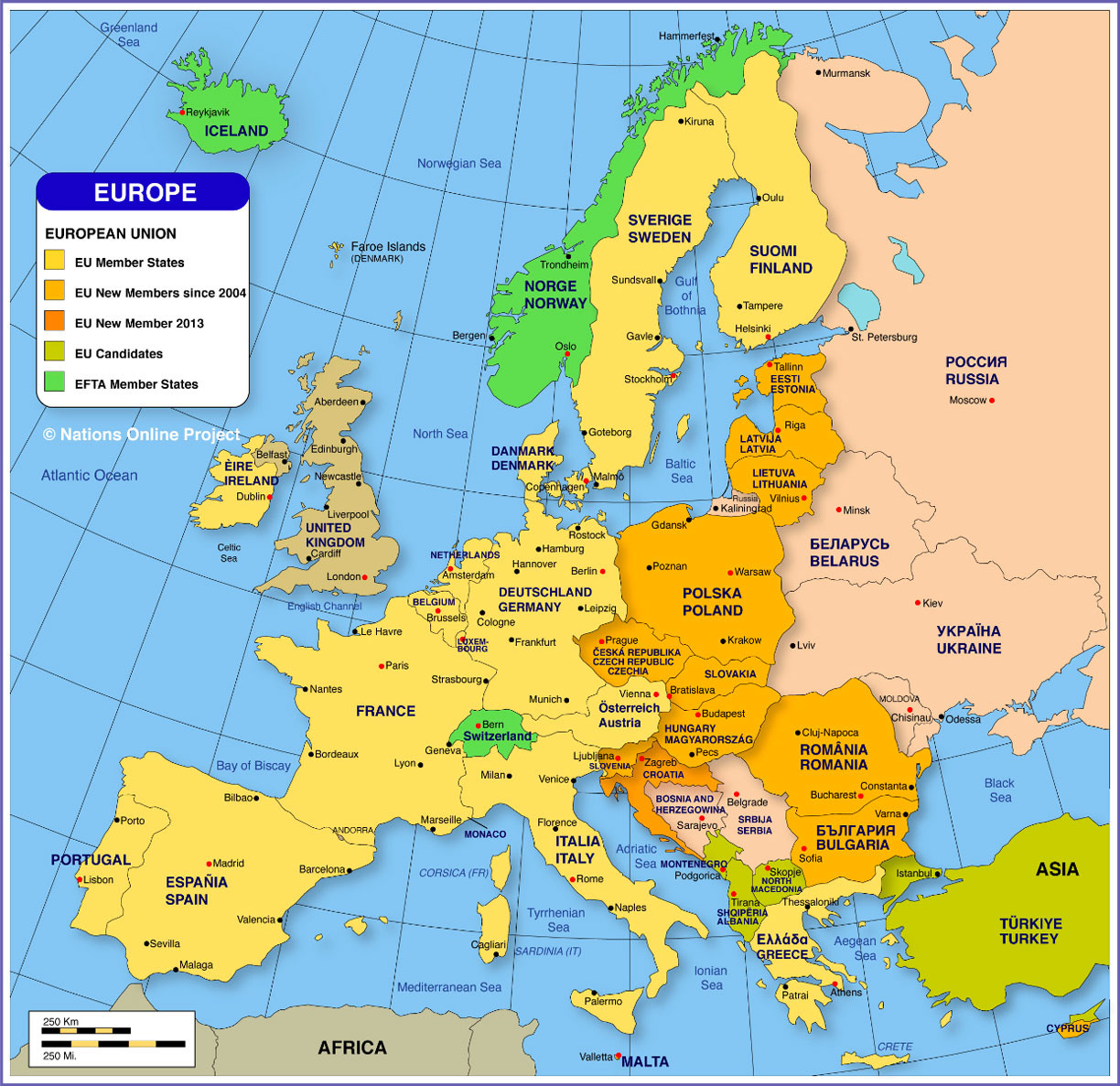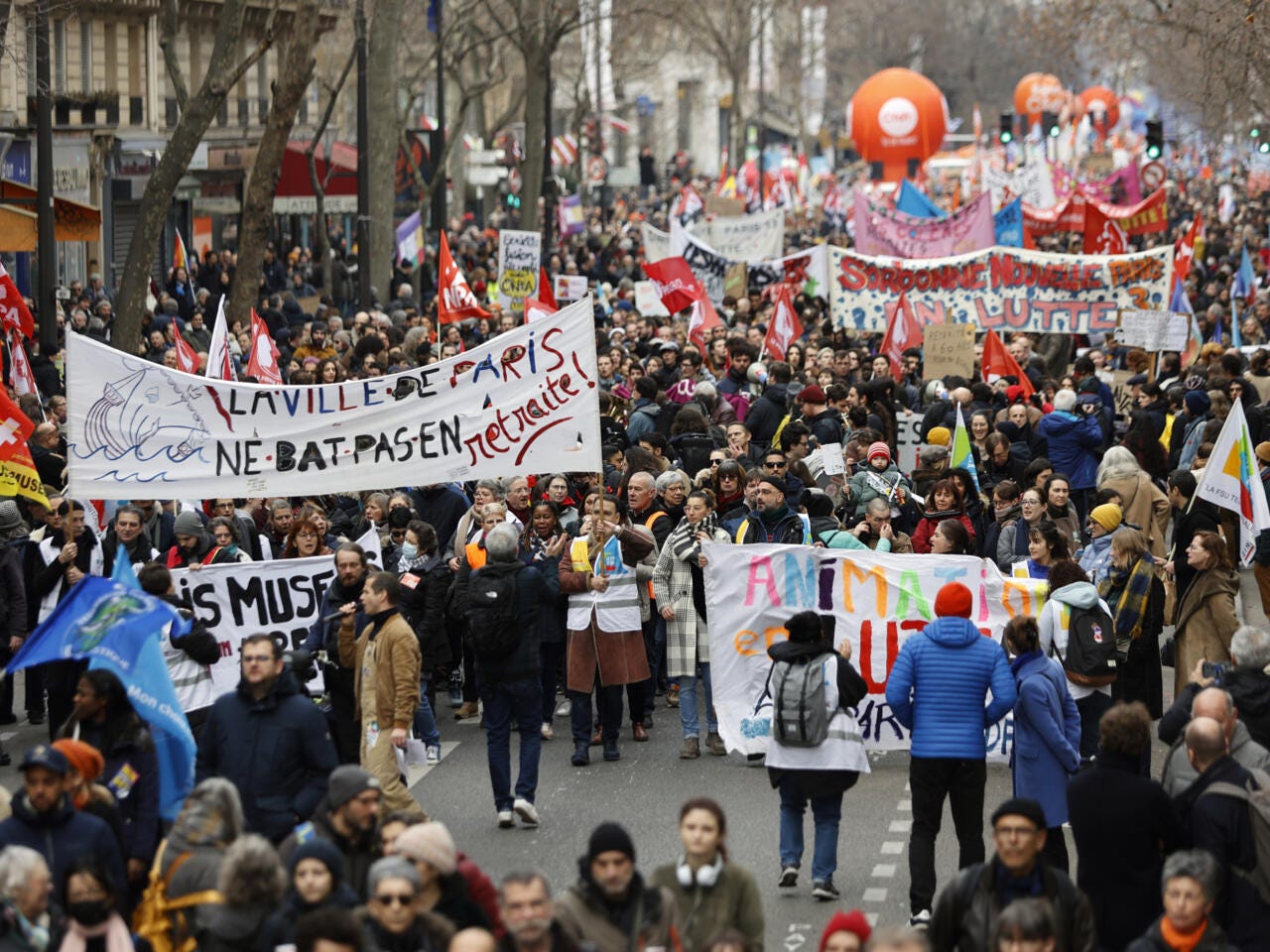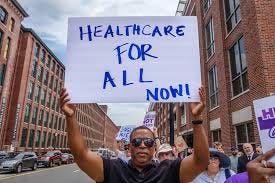In the United States, Social Security and Medicare are struggling. These programs are forever praised and lauded by their advocates, but economists predict they will run out of money in a few years. It seems that costs are rising faster than the revenues to support them. The causes include things like increased life expectancy and fewer young people paying into the system. The COVID pandemic only made things worse. Major changes are needed, such as reductions in benefits and/or tax increases. But no politician who seriously wants to stay in office will advance those proposals. And so, the stalemate drags on, as the problems worsen.
Meanwhile, how are things looking across the Atlantic? Are our European cousins handling issues such as these better? A couple of news articles related thereof recently caught my attention.
Great Britain has a nationalized, single-payer program called the National Healthcare System (NHS). Established in 1948, its core mission is to provide comprehensive, universal and free medical care at the point of delivery, based on clinical need, not ability to pay. Sounds wonderful, doesn’t it? Your typical Brit would certainly agree!
Netflix has a popular series named “Call the Midwife”, which takes place in England from about the mid-1950s to the mid-1960s. Viewers are treated to episodes which repeatedly extol the wonders of this welfare state where any British citizen who needs medical care - especially childbirth and obstetrics - gets everything they need. For free! By golly, it’s absolutely amazing what wonders a government-run program can do, when television screenwriters get unlimited license to advance their agenda.
Now granted, in its first decade or two of existence, Britain’s NHS was reasonably effective and self-sustaining. But time marches on, and today, to everyone’s surprise, NHS is in deep doo-doo. Over 7 Million patients are on waiting lists for medical care. If you have a medical emergency, prepare to wait 4 hours or longer. Patients needing non-urgent care typically wait about 18 months. And tens of thousands of nurses and ambulance workers are walking off the job. Wealthy Brits get around the problems by purchasing private healthcare (in addition to the NHS taxes they pay). Which means that the poorest of the poor - the population segment that NHS is supposed to serve - gets screwed.
Now let’s jump across the English Channel and see what’s going on in France. The French place a great deal of importance on enjoying life. And so, they have a state-run pension system that pays generously upon retirement as early as age 62. Is being French wonderful, or what!?!
But who could have possibly predicted that one day, the system would run out of money? French President Macron has proposed raising the retirement age to 64. As a result, huge public protests are taking place on the streets of Paris and other major cities. Labor unions are threatening massive strikes if this proposal goes forward.
Meanwhile, things in Spain are heating up, too. Huge crowds are in the streets protesting a plan to scale back the public healthcare system, which - surprise! - is running out of money.
The pattern is repeated, throughout history, in every corner of the world. Government claims it “cares” about the poor, the elderly, the young, the sick, the unemployed, the disadvantaged, etc, etc, and so creates a system to “take care” of them, all paid for by taxes that “somebody else” pays. The politicians who made it happen are praised and extolled for their “generosity” and “doing the right thing”. But sooner or later, the system runs out of other people’s money. And by then, it’s too late. People come to expect that the money and benefits will always be there. It becomes engrained into the cultural DNA, and cannot be made sustainable, much less abolished.
One of the important aspects of private, non-governmental entities, both for-profit and non-profit, is: they can die. If such an entity becomes obsolete, ineffective, out of fashion, too expensive, unsustainable, unprofitable, worthless, wasteful, unwanted, whatever, then its customers, clients, supporters, benefactors, members, and sponsors simply “vote with their dollars” and stop buying it. No election or referendum or opinion poll or town hall meeting or Congressional action required. It just dies - and no amount of street protests or union strikes can change that.
But government-created entities cannot die, because sponsorship is coerced. So they just dig deeper and deeper into debt, and the damage and discontent gets worse. Oh, if only people would learn from history and grow some cynicism about great-sounding governmental programs before they become permanent.










Excellent!